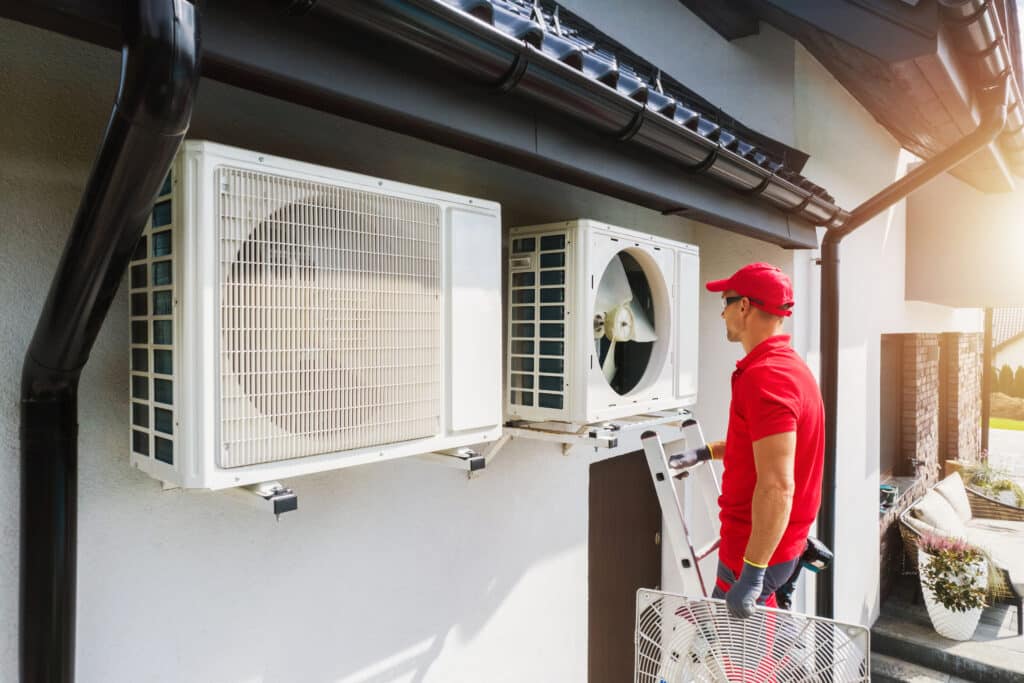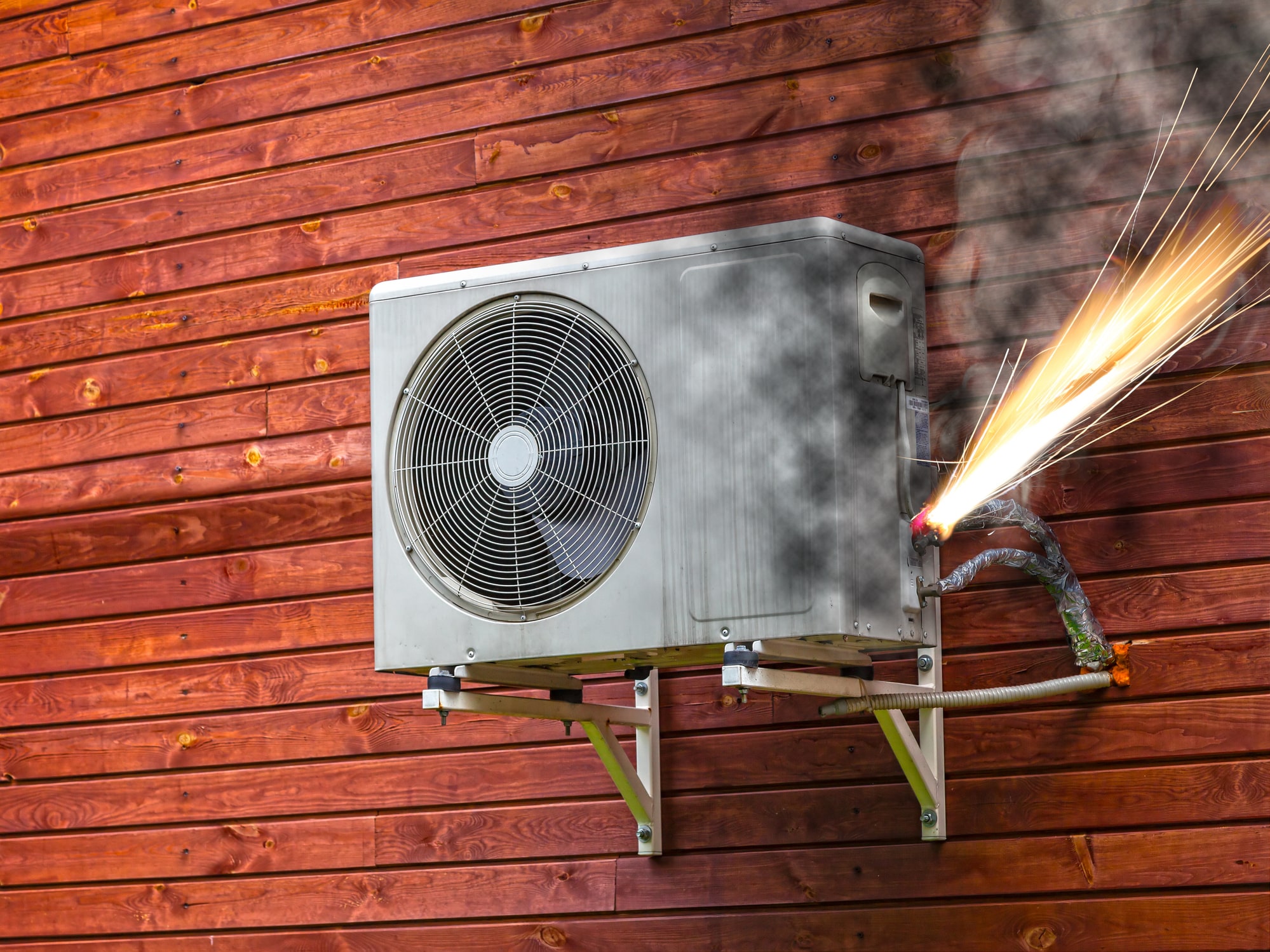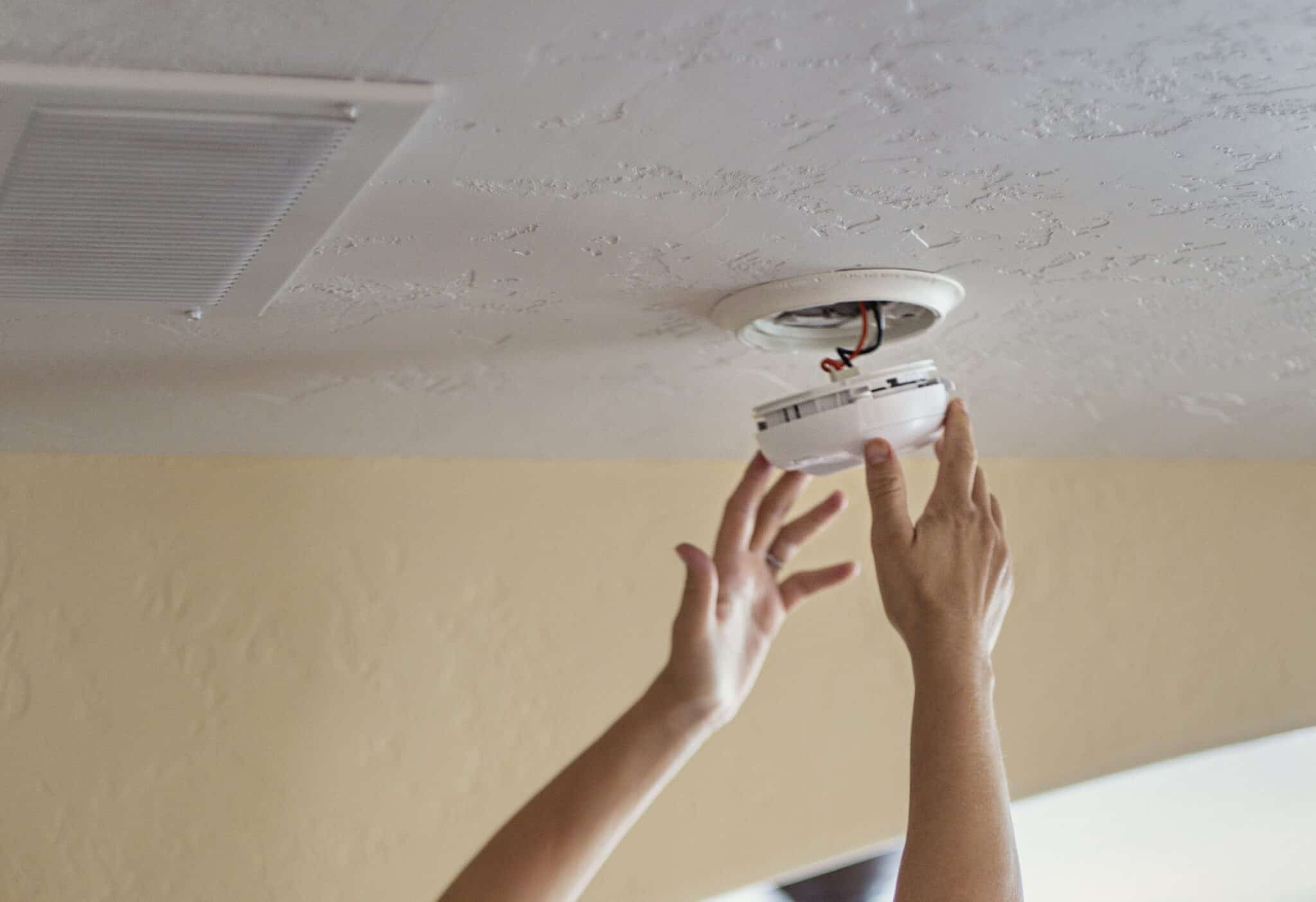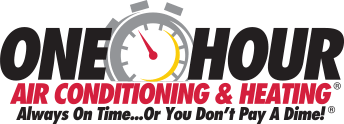
Ensuring HVAC Fire Safety in Your Home
Ensuring the safety of your home is paramount, especially when it comes to your HVAC system. HVAC fire safety is a critical aspect of home maintenance that often goes overlooked. By paying attention to the safety of your heating, ventilation, and air conditioning system, you can protect your home from potential hazards. It’s not just about comfort, it’s about keeping your loved ones safe.
In Carrollton, TX, where the weather can swing from scorching summers to chilly winters, your HVAC system works overtime. This constant operation can put a strain on the system, underscoring the importance of HVAC fire safety. Regular checks and maintenance can significantly reduce the risk of fire, ensuring that your system is running safely and efficiently.
Residents of Colleyville, TX, also understand the importance of keeping their HVAC systems in top shape. With the right strategies and tips, enhancing HVAC fire safety can be straightforward and effective. It’s about knowing what to look for and taking proactive steps to mitigate risks.
This article will guide you through essential tips and strategies to enhance your HVAC fire safety. Whether you’re in Carrollton, Colleyville, or anywhere else, these practices will help keep your home safe and your HVAC system running smoothly. Remember, a little attention to HVAC fire safety can go a long way in protecting your home and family.
Understanding the Basics of HVAC Fire Safety
Understanding the basics of HVAC fire safety is crucial for every homeowner. It starts with recognizing that your HVAC system, like any other electrical appliance, poses a fire risk if not properly maintained. Regular inspections can identify potential hazards such as faulty wiring or overheating components. By staying vigilant, you can ensure your system in Carrollton, TX, operates safely year-round.
Keeping the area around your HVAC unit clear is another essential step. Objects placed too close to the system can obstruct airflow and overheat the unit, increasing the risk of fire. Ensure there’s at least a three-foot clearance around your unit. This simple practice not only enhances fire safety but also improves your system’s efficiency.
In Colleyville, TX, and beyond, changing your HVAC filters regularly is key to preventing fires. A clogged filter forces your system to work harder, which can lead to overheating and potentially start a fire. Aim to replace your filters every 30 to 90 days, depending on usage and type, to maintain optimal airflow and safety.
Lastly, professional maintenance cannot be overstated in its importance for HVAC fire safety. An experienced technician can spot issues that a layperson might miss, from minor electrical faults to critical ventilation problems. Scheduling annual check-ups ensures your system is in top condition, safeguarding your home against the risk of fire.
Regular Maintenance: The First Line of Defense
Regular maintenance stands as your HVAC system’s first line of defense against fire hazards. By scheduling routine check-ups, you ensure that any potential issues are identified and addressed promptly. A professional technician has the skills to detect problems that might not be obvious to homeowners. This proactive approach significantly enhances HVAC fire safety, keeping your system in Carrollton, TX, operating safely.
During these maintenance visits, technicians can perform a variety of checks and repairs. They might clean components that have accumulated dust and debris, which can be a fire risk if left unattended. Technicians also ensure that all parts of the HVAC system are functioning correctly, reducing the chance of overheating. This level of care helps to maintain an efficient and safe HVAC system.
Another crucial aspect of regular maintenance is the inspection of electrical connections. Loose or damaged wires are a common cause of HVAC-related fires. A technician will tighten connections and replace any worn parts, ensuring that your system in Colleyville, TX, is not only efficient but also safe from electrical hazards. This attention to detail is vital for preventing fires before they start.
Lastly, professional maintenance offers peace of mind. Knowing that an expert has thoroughly checked your HVAC system allows you to rest easy, understanding that your home is protected against fire risks. This reassurance is invaluable, especially when considering the safety of your loved ones. Regular maintenance is a key practice in upholding HVAC fire safety, making it an essential aspect of home care.
The Importance of Professional HVAC Inspections
Professional HVAC inspections are crucial in enhancing HVAC fire safety. A qualified technician can identify issues that might not be evident to homeowners, offering a more in-depth analysis of the system’s condition. These inspections go beyond basic maintenance, focusing on the system’s integrity and operational safety. In Carrollton, TX, where temperatures can vary significantly, this thorough examination ensures that HVAC systems are not only efficient but also safe from fire hazards.
During these inspections, technicians pay close attention to the HVAC system’s electrical components. They meticulously check for loose connections, frayed wires, or any signs of wear and tear that could pose a fire risk. Replacing or repairing these components as needed can significantly reduce the likelihood of fire, making this a critical step in maintaining a safe home environment. This level of detail in the inspection process can catch potential hazards before they escalate into serious problems.
Another benefit of professional HVAC inspections is the verification of proper installation and function. Incorrectly installed systems in Colleyville, TX, are more prone to malfunction, which could lead to overheating and, ultimately, fires. By ensuring that every part of the HVAC system is correctly installed and functioning as intended, technicians play a key role in preventing fire risks associated with system malfunctions.
Lastly, professional HVAC inspections provide homeowners with recommendations for improving their system’s safety and efficiency. Technicians might suggest upgrades or changes that can enhance HVAC fire safety, offering personalized advice based on the specific needs of the home. This guidance is invaluable for homeowners looking to maintain a safe and comfortable living environment, highlighting the importance of expert inspections in safeguarding homes from fire risks.

Common HVAC Fire Hazards to Watch Out For
Understanding HVAC fire safety involves recognizing common hazards that can pose risks to your home. One such hazard is the accumulation of dust and debris within the system. Over time, these can ignite if they come into contact with electrical components or overheated parts. Regular cleaning and inspections can prevent these materials from becoming a fire risk, ensuring your system operates safely.
Blocked or improperly installed vents and ductwork are another concern. These can lead to overheating and, in some cases, cause fires if the air cannot circulate properly. It’s crucial to ensure that all vents and ducts are clear of obstructions and correctly installed. This not only improves the efficiency of your HVAC system but also enhances fire safety.
Electrical issues are a leading cause of HVAC-related fires. Faulty wiring, loose connections, and worn-out components can all lead to dangerous situations. Having a professional technician inspect and repair any electrical problems can significantly reduce the risk of fire. This proactive approach is essential for maintaining a safe environment in your home.
Lastly, the misuse of portable heaters and other temporary heating solutions can be a significant hazard. These devices should never be placed too close to furniture or other flammable materials. Always follow the manufacturer’s instructions and use them cautiously. By being mindful of how these devices are used, you can further enhance the fire safety of your HVAC system.

Installing Smoke Detectors Near HVAC Units
Installing smoke detectors near HVAC units is a smart move for enhancing HVAC fire safety in your home. By doing so, you ensure early warning in the event of a fire, providing crucial time to react and mitigate potential damage. This strategy is particularly effective in areas like Carrollton, TX, where HVAC systems are frequently in use due to varying temperatures. Ensuring your smoke detectors are properly installed and functioning can make a significant difference in your home’s safety.
In addition to installation, regular testing of smoke detectors is essential. Homeowners should test these devices monthly to confirm they are in working order. This simple step is a key component of maintaining HVAC fire safety and can be easily integrated into regular home maintenance routines. It’s a small effort that can have a big impact on the safety of your home and loved ones.
Furthermore, integrating smoke detectors with your HVAC system can provide an added layer of protection. Some modern systems in Colleyville, TX, can automatically shut down the HVAC unit if smoke is detected, preventing the spread of smoke and fire throughout the home. This advanced feature highlights the importance of combining technology with traditional safety measures to enhance overall protection.
Lastly, it’s crucial to replace smoke detectors according to the manufacturer’s recommendations. Over time, detectors can become less sensitive, which may compromise your home’s safety. Keeping them up to date ensures that your safety measures are as effective as possible, playing a critical role in your overall HVAC fire safety strategy. By staying vigilant and proactive, homeowners can significantly reduce the risk of fire in their homes.
HVAC Fire Safety Tips for Homeowners
Ensuring HVAC fire safety in your home requires attention to detail and a proactive approach. For instance, never overlook the importance of keeping your outdoor HVAC units free from leaves, twigs, and other debris. This simple action prevents blockages that could lead to overheating and, potentially, fires. Regularly clearing the area around your unit, especially after storms or high winds, can significantly enhance safety.
Another critical tip is to be cautious with the use of extension cords and power strips for HVAC systems or auxiliary heating units. These devices should be plugged directly into wall outlets to avoid electrical hazards. Using extension cords as a permanent solution can overload circuits, increasing the risk of fires. In Carrollton, TX, and elsewhere, direct connections help maintain a safe electrical system.
In Colleyville, TX, homeowners should also consider the benefits of upgrading their HVAC systems to include fire-resistant materials and components. Modern systems are designed with safety in mind, featuring materials that can help contain or slow the spread of fire. Consulting with a professional about potential upgrades can offer an additional layer of protection for your home.
Lastly, educating everyone in the household about HVAC fire safety is crucial. Ensure that all family members understand the importance of not obstructing vents, the dangers of playing with thermostat settings, and the need to report any unusual smells or sounds from the HVAC system. Awareness and education are key components of preventing fires and maintaining a safe home environment.
Creating a Fire Escape Plan Involving HVAC Safety
Creating a fire escape plan that includes HVAC fire safety measures is a crucial step in ensuring your family’s well-being. In Carrollton, TX, where the reliance on HVAC systems is significant due to extreme weather conditions, incorporating these systems into your escape plan can be a lifesaver. It’s important to identify all possible exits in your home and ensure that paths are clear and accessible. Regularly practicing this plan with all household members ensures everyone knows what to do in case of an emergency.
Incorporating HVAC safety into your fire escape plan also means being aware of the signs of HVAC-related fires. Homeowners in Colleyville, TX, should educate their families on recognizing unusual noises or smells coming from HVAC units, which can be early indicators of problems. Knowing how to quickly shut off the HVAC system can prevent a fire from spreading, giving your family more time to escape safely.
Another key aspect of HVAC fire safety is ensuring that your smoke detectors are interconnected with your HVAC system, if possible. This setup can automatically shut down the system in the event of a fire, helping to prevent the spread of smoke and flames. Testing these connections regularly is as important as the monthly check of the smoke detectors themselves, ensuring the mechanism works when it’s most needed.
Lastly, communication is vital in any emergency, including those involving HVAC systems. Make sure everyone in your home knows how to call emergency services in Carrollton, TX, and understands the importance of providing clear information about the situation. A well-thought-out fire escape plan, including specific HVAC fire safety precautions, can significantly reduce the risk of injury or worse during a fire emergency, making it an essential part of home safety preparations.
The Role of Air Filters in Preventing HVAC Fires
Air filters play a pivotal role in maintaining HVAC fire safety by trapping dust, debris, and other flammable particles. Regularly changing these filters ensures that airflow remains unobstructed, reducing the risk of overheating and potential fires. In Carrollton, TX, where HVAC systems are frequently used, this practice is especially crucial for preventing fire hazards. Homeowners should prioritize filter maintenance to safeguard their homes.
Clogged or dirty air filters force HVAC systems to work harder, increasing the likelihood of component failure and fire. By ensuring filters are clean and functional, residents in Colleyville, TX, can enhance their system’s efficiency and safety. This simple step is a key component of a comprehensive HVAC fire safety strategy. It’s an effective way to minimize the risk of fire while improving air quality.
Educating homeowners on the importance of air filter maintenance is vital for enhancing HVAC fire safety. Awareness of how often to replace filters, depending on the system and usage, can prevent potential fire hazards. Knowledgeable homeowners can take proactive steps to ensure their HVAC system operates safely. This education can significantly contribute to a safer home environment.
Finally, incorporating regular air filter checks into your HVAC maintenance routine is essential. This ensures that filters are always in optimal condition, supporting the overall health of your HVAC system. Such diligence not only promotes HVAC fire safety but also extends the lifespan of the system. Regular maintenance, including air filter replacement, is a simple yet effective measure to enhance safety in any home.
Frequently Asked Questions
What causes HVAC fires?
HVAC fires can start from various sources, including faulty wiring, overheating components, and neglected maintenance. Dust and debris accumulation in units and ducts also pose significant risks. Regular inspections help identify potential hazards early on. Ensuring your system is clean and professionally serviced is key to preventing these dangerous incidents.
How can I prevent HVAC fires?
To prevent HVAC fires, ensure your system undergoes regular professional checks. Cleaning filters and vents frequently reduces the risk of dust ignitions. Install smoke detectors near your HVAC to catch early signs of trouble. Lastly, replace any outdated components to maintain optimal safety and efficiency.
What are signs of HVAC fire hazards?
Recognizing signs of HVAC fire hazards is crucial for maintaining a safe home environment. Odd smells coming from your unit can indicate burning or electrical issues. Unusual sounds, such as buzzing or popping, often point to potential dangers within the system. Frequent system malfunctions or circuit breaker trips also serve as warning signs. Lastly, visible wear and tear on wiring or external components should prompt immediate professional inspection to ensure HVAC fire safety.
How does HVAC fire safety improve home safety?
Enhancing HVAC fire safety plays a pivotal role in protecting your home from potential fires. By addressing risks associated with heating, ventilation, and air conditioning systems, you significantly reduce the chance of fire outbreaks. This ensures not only the safety of your property but also the well-being of your family. Consequently, prioritizing HVAC fire safety measures contributes to a safer, more secure living environment for everyone.
Are annual inspections crucial for HVAC fire safety?
Annual inspections are vital for maintaining HVAC fire safety. These check-ups catch potential hazards before they escalate into serious problems. Professionals can spot issues like faulty wiring or blocked vents during these visits. Thus, ensuring your system is inspected yearly is a key step in keeping your home safe.







